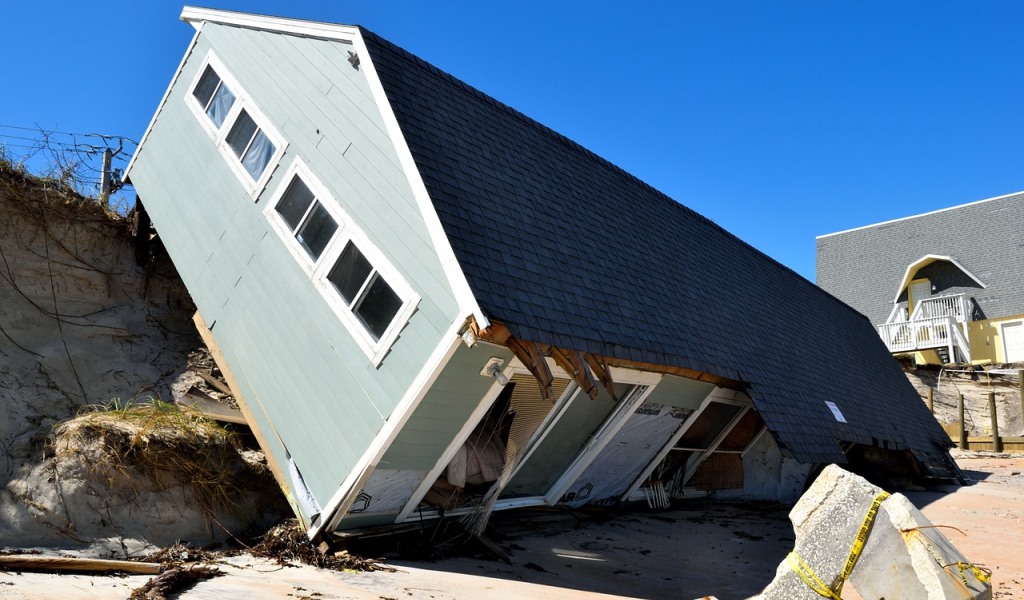The U.S. Department of Housing and Urban Development (HUD) has announced the allocation of more than $2 billion ($2,040,617,000) in CDBG-Disaster Recovery (CDBG-DR) and CDBG-Mitigation (CDBG-MIT) funds to equitably improve the nation’s disaster recovery and building long-term, inclusive resilience to meet the impacts of climate change, particularly for historically marginalized communities.
This allocation is being made to 10 states covering 15 separate major disasters that occurred calendar year 2020. The states, allocations, and disasters covered are available below.
These funds will go to recover from and build resilience to natural disasters, including climate disasters, with a specific focus on low- and moderate-income populations. The funds are specified to be used for: “disaster relief, long-term recovery, restoration of infrastructure and housing, economic revitalization, and mitigation, in the most impacted and distressed areas.”
“These disaster recovery and mitigation funds are essential to advancing the Biden-Harris Administration’s climate and equity priorities by building long-term and inclusive resilience to the impacts of climate change, particularly for underserved and marginalized communities,” said HUD Secretary Marcia L. Fudge.
“With these allocations, we are addressing climate justice in hard-hit communities that can now begin the process of building back better from disasters and improving long-term, equitable resilience to future impacts of climate change,” she added.
These are the first CDBG-DR/MIT awards of the Biden-Harris Administration. Oregon and Michigan are receiving their first ever DR/MIT allocations.
PL 117-43 appropriated a total of $5 billion in CDBG-DR/MIT funds for major disasters that occurred in 2020 or 2021. Allocation of the remaining CDBG-DR/MIT funds will be made over the next few months to address unmet needs from disasters occurring in 2021, including Hurricane Ida.
Climate change poses a multitude of risks for communities across the country. This includes rising costs to maintain and repair damaged infrastructure from more frequent and extreme weather events and health and safety challenges to the communities across the country.
Acting now to manage climate risk will increase the resilience of communities to wildfires, extreme heat, tropical storms, heavy rains, and other disasters made worse by a changing climate.
Equitable disaster recovery and resilience is a priority of HUD’s newly published Climate Action Plan.
HUD’s Climate Action Plan notes that the Department is committed to advancing the goals of Executive Order 13985, which requires HUD to allocate resources in a manner that equitably invests in underserved communities, especially communities of color. HUD says that it is committed to taking actions to invest in climate resilience to reinforce its mission of creating strong, sustainable, and inclusive communities with affordable homes for all.
The funds were appropriated in the continuing resolution, the Extending Government Funding and Delivering Emergency Assistance Act (PL 117-43; the Act).
Photo of aftermath of Hurricane Irma in Florida by Paul Brennan from Pixabay.

